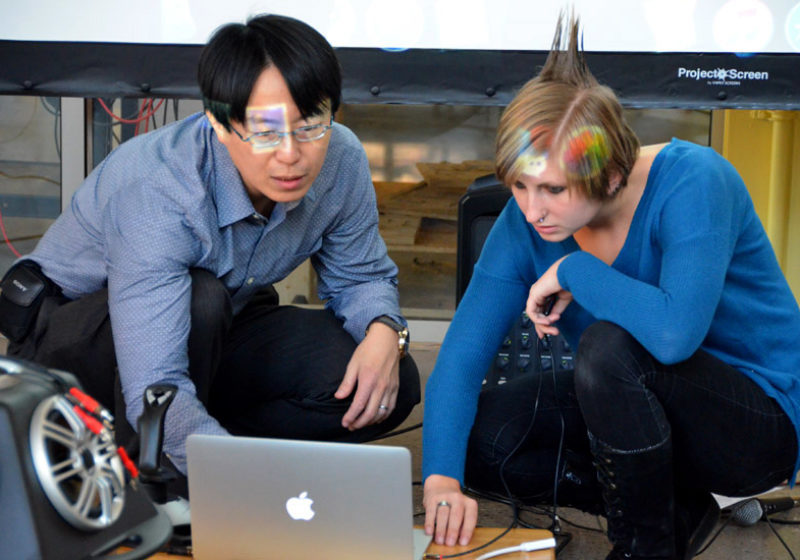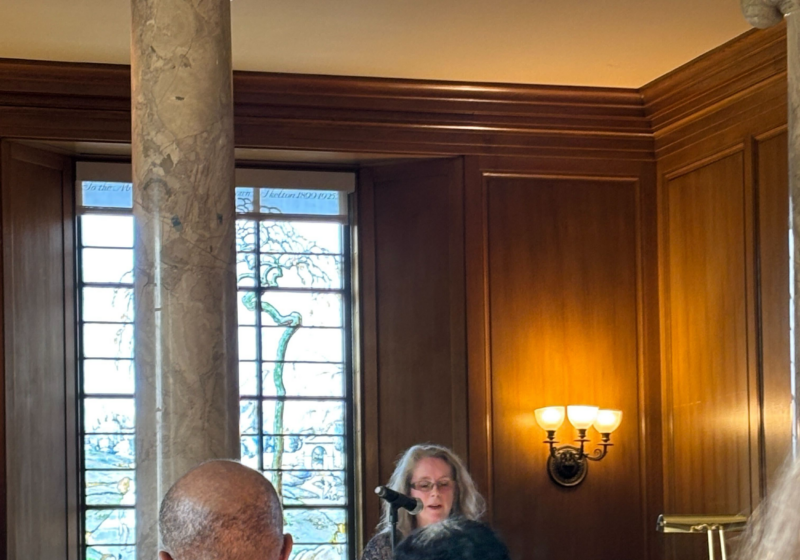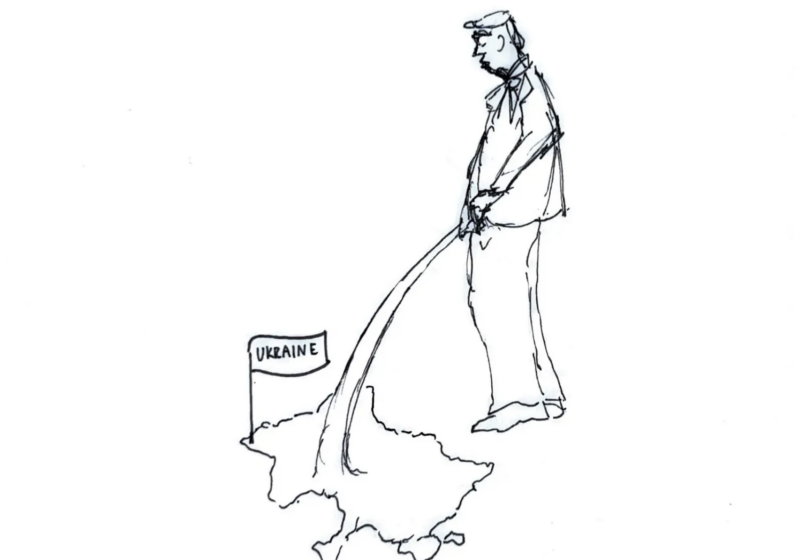Could digital media help us understand 19th century history? Researchers at UR are compiling and preserving one prominent family’s story using modern technology. Experts in multiple fields, including some members of the Rochester community, are collaborating on the Seward Family Project. Senior Tallis Polashenski, a digital media studies and computer science major, has been conducting interdisciplinary research in the history department for the last two years.
Polashenski’s research focuses on William Henry Seward, a 19th century New York senator, governor, and U.S. senator. Seward’s political and family lives have interested historians, and a breadth of primary sources provides an opportunity to delve into 19th century America.
Pioneered by professor Tom Slaughter in the UR history department, the Seward Family Project has been integral in collecting and documenting these primary sources. With several other undergraduate and graduate students, Polashenski transcribes, digitizes, and annotates historical documents, including letters and diaries related to the Sewards.
Polashenski became interested in the project after speaking with Serenity Sutherland, the former project manager of the Seward Family Digital Archive. From that, Polashenski began thinking about the intersection of historical research and technology.
Slaughter has collected thousands of letters in binders, which Polashenski is currently annotating and digitizing. She uses a document encoding system to upload them to the website, and then performs quality checks of all the letters. She has been through over 2,000 letters.
Alongside other students, Polashenski is also involved in transcribing the handwritten letters. They get help from senior citizens from the community, as the majority of the letters are written in cursive. “We joke that we have the tech skills, but they have the handwriting skills,” Polashenski said. “It’s independent work, but there’s a lot of collaboration involved.”
This community involvement testifies to the growth of the project over the last seven years, and extends to the Seward House museum in Auburn, NY, with whom the Rochester team shares primary sources.
The William Henry Seward Papers, located in the Rare Books, Special Collections, and Preservation Department, offer personal insight into the daily life of the Seward family. As the title indicates, the Seward Family Project encompasses more than William. Most research about the Sewards is focused on political life, Polashenski said. “But these letters show a great understanding of the family sphere, too.”
Polashenski’s immersion in the project offers her insights into the intimate details and personalities of the Seward family. “William Henry Seward’s dad is the funniest character in the family,” she said. “He constantly writes that he’s dying about 20 years before he actually dies to guilt his son into visiting him.”
The letters entail a fair amount of drama in addition to humor, including an anecdote from the diary of Fanny Seward, the daughter of William Henry Seward. In one entry, she details the attempted assassination of her father in 1865. She was an eyewitness when the attacker stabbed William in the face and severely injured Fanny’s brother, who needed surgery to remove a piece of skull lodged in his brain.
As a STEM student, Polashenski did not expect her work on the Seward Family Project to lead to career opportunities. However, she recently interviewed with an educational video game company in Rochester that wants to develop a game on women’s suffrage. With this company, Polashenski would work to incorporate primary sources into the game while maintaining a high entertainment value.
Polashenski exemplifies the benefits of engaging in diverse interests and experiences. In addition to the opportunities it has afforded her, the Seward Family Project has been an enjoyable experience for Polashenski. “Something cool is happening every day that you’re working there,” she said. “It’s so personal; it doesn’t feel like broad history as much as understanding people’s lives.”






